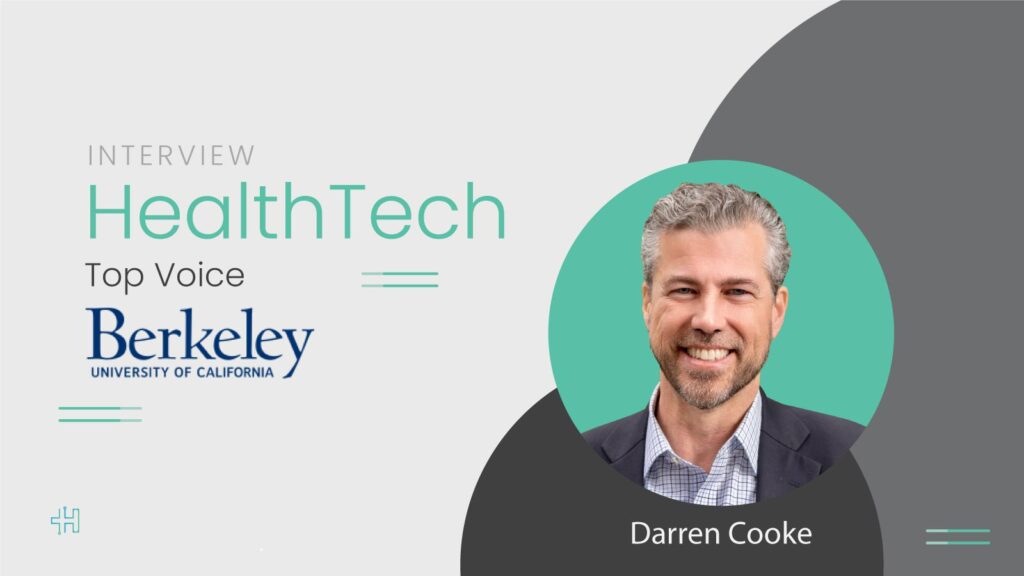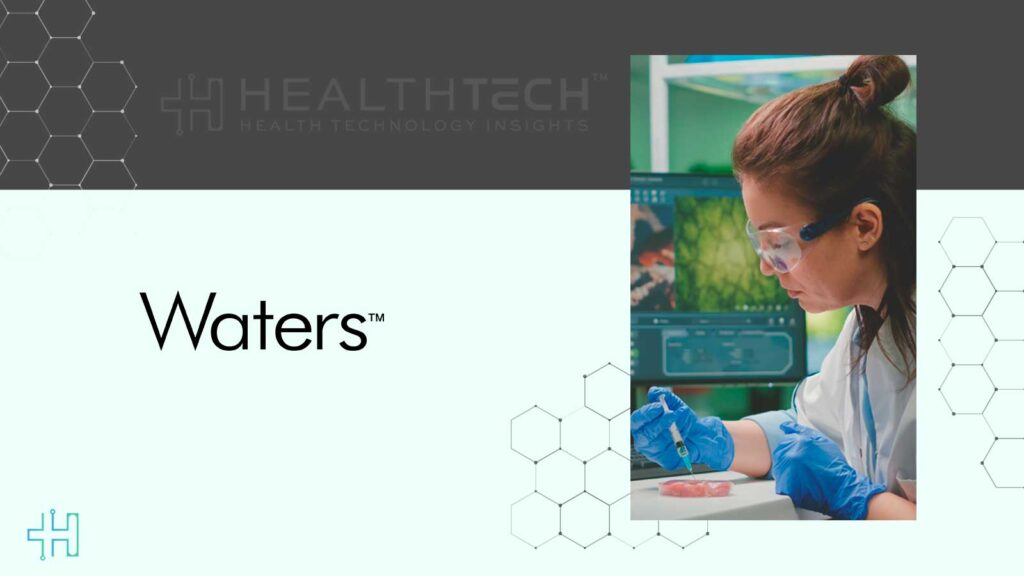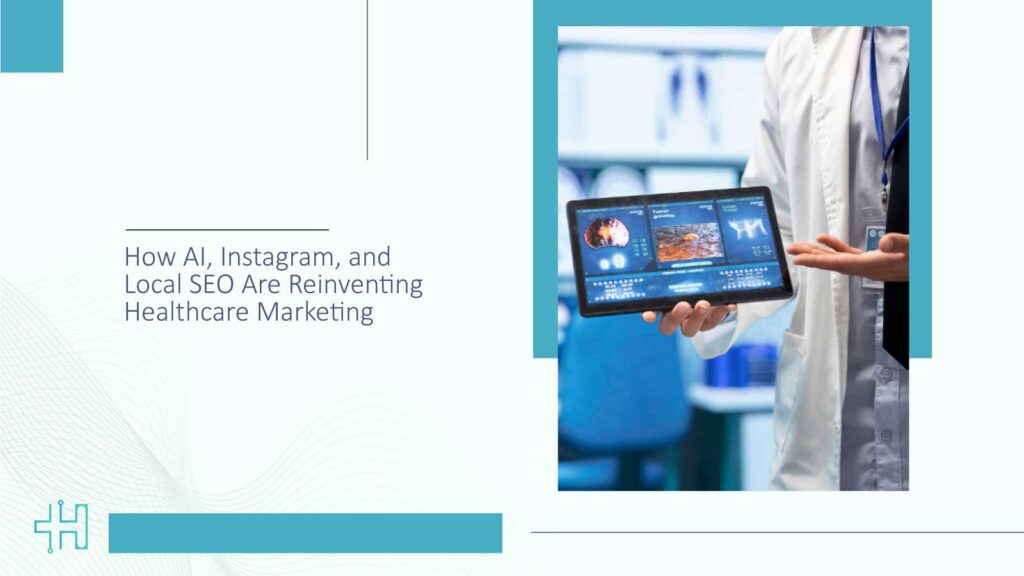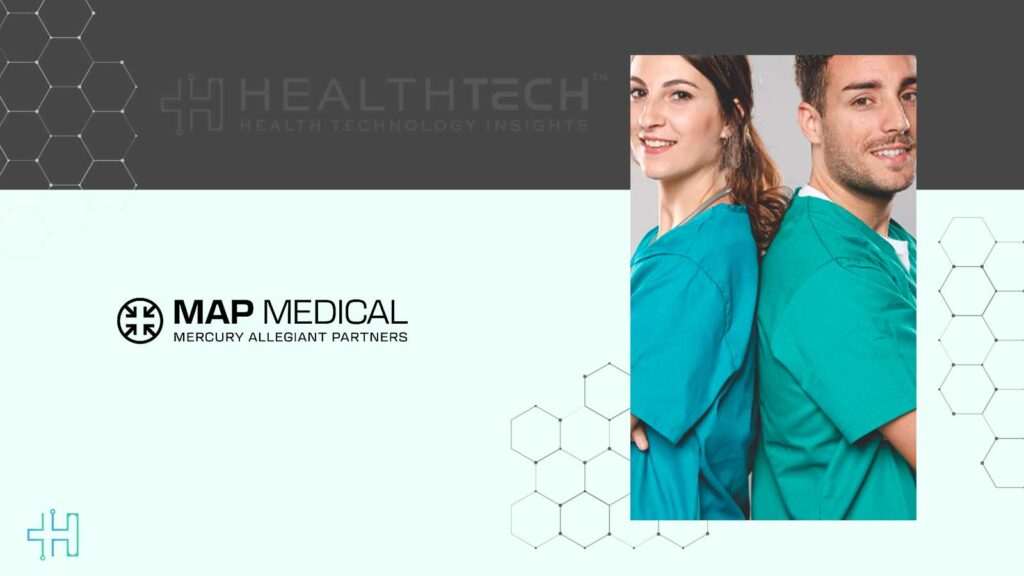Hello, HealthTech community of marketers, product innovators, academicians, and researchers. Welcome to the next edition of the HealthTech Top Voice interview series with Darren Cooke, Interim Chief Innovation and Entrepreneurship Officer at UC Berkeley.
Darren highlights the challenges in turning university biotech innovations into successful startups, emphasizing the need for understanding regulatory pathways, reimbursement, and clear storytelling to attract investors. He praises teams that combine strong science with business savvy and are open to feedback. Darren stresses the importance of structured customer discovery involving clinicians, payers, and regulators to build viable companies. He also explains how UC Berkeley supports founders through programs that blend rapid validation with the realities of biotech’s long timelines. Looking ahead, he sees gene editing and collaborative models as transformative areas poised to reshape healthcare in the next five years.
In this exclusive interview, Mr. Darren Cooke, Interim Chief Innovation & Entrepreneurship Officer at UC Berkeley, shares key insights on bridging academic biotech with real-world impact.
Hi Darren, welcome to the HealthTech Top Voice interview program. As interim Chief
Innovation & Entrepreneurship Officer at UC Berkeley and Executive Director of the Life
Sciences Entrepreneurship Center, what are the key challenges you’re seeing today in
translating university-born biotech innovations into venture-ready companies?
The science developed at universities like UC Berkeley is exceptional, but turning those
discoveries into businesses is a different game. Academic teams often underestimate how
much effort goes into building a biotech startup, and building credibility with investors. They
might have developed a promising therapeutic, but lack a clear understanding of regulatory
pathways, reimbursement models, or product-market fit. There’s also a gap in storytelling –
distilling dense, complex research into something investors can grasp and get excited about.
Our job at UC Berkeley’s Life Sciences Entrepreneurship Center (LSEC) is to help academic
founders bridge those gaps.
Recommended: Zentiva And Lupin Sign License And Supply Agreement For TNF Alpha Inhibitor Biosimilar Medicine
HypO2Regen Therapeutics, the latest recipient of LSEC’s Venture Grant, is pioneering a
stem cell therapy without the stem cells. What made this team and technology stand out from a commercialization standpoint?
HypO2Regen is tackling a long-standing challenge in regenerative medicine – how to activate
healing pathways without the cost, complexity, and regulatory hurdles of stem cells. Their
approach – stimulating endogenous stem cell activity with a topical treatment – is elegant and
scalable. But what really stood out was the team. The academic founder, UC Berkeley’s
BioEngineering department chair Phil Messersmith, has built companies before, but as with
most professors he doesn’t have the time to run a startup. It was compelling that Prof.
Messersmith found a seasoned CEO to run the company. HypO2Regen brought a rare
combination of technical depth and business savvy from the start.
The Venture Grant program is still relatively new. What early patterns or lessons are
emerging from the companies that have gone through it so far?
We’ve seen a few early patterns emerge. One of the most consistent is that teams that are
coachable and open to feedback often outperform those with stacked credentials but rigid thinking. Some of our strongest grantees weren’t the most polished at the start, but they were
hungry to learn. They treated our process as an opportunity to learn. We’re also seeing how
important structured customer discovery is. Teams that actively engage stakeholders early –
clinicians, payers, even regulators – tend to pivot faster and build stronger foundations. Finally,
we’ve learned that small amounts of funding, paired with targeted mentorship, can unlock big
leaps in progress.
Recommended: HealthTech Top Voice: Interview with Dr. Guru Gurushankar of ColorTokens
Given your background in law, engineering, and investing, how do you evaluate whether a life sciences innovation is not just scientifically novel but also commercially viable?
I’ve developed a course at UC Berkeley that helps scientists and academic founders
understand complicated regulated and reimbursed markets. I have teams hypothesize how
five crucial parties solve a certain problem today, and then further guess what might inspire
them to do anything differently. The five crucial parties in my framework, which I call the Life
Sciences Venture Canvas, are patients, providers, payors, partners, and “permitters” (i.e.
regulatory agencies). Teams then test their hypotheses via a structured customer discovery
process. It’s usually quite eye-opening.
With your experience in Berkeley SkyDeck and Life Science Angels, what trends are you
seeing in investor interest when it comes to digital health, medtech, and biotech startups in 2025?
I’m seeing investors maintain their focus on fundamentals rather than new trends. The core
criteria remain unchanged: robust technology, experienced teams who understand the
market and regulatory landscape, and a well-defined path to reimbursement in sizable
markets. The due diligence process has also become more rigorous around regulatory strategy and
reimbursement pathways. Investors are asking harder questions upfront about FDA timelines,
clinical trial design, and payer engagement strategies. Teams that can articulate these
elements clearly are getting more traction. Rather than following trends, smart investors are backing exceptional teams who understand their specific therapeutic area or device category and can execute in a regulated environment.
The I-Corps and SkyDeck models emphasize speed, validation, and lean experimentation. How do you balance that approach with the long timelines and regulatory hurdles of biotech innovation?
It’s a myth that biotech startups can’t do customer discovery processes such as those taught
in Lean Startup classes. You can’t shorten clinical trials, but you can test assumptions early –
about the problem, the customer, even the product design. At Berkeley, we’ve adapted the
NSF I-Corps rapid validation methods to suit regulated healthcare markets. That means customer discovery with clinicians, payers, regulators, testing guesses made with the Life Sciences Venture Canvas, as mentioned above.
What role do you see UC Berkeley playing over the next 5 years in shaping the future of
health innovation—not just in startups, but in clinical impact?
Berkeley is expanding its role from a center of research to a driver of real-world clinical
impact, even without a medical school. We’ve established a pipeline of programs: Berkeley SkyDeck, Bakar Labs, the Molecular Therapeutics Initiative, the Innovative Genomics Institute, to name a few, that support startups from early-stage research through launch. The next step is integration. Through LSEC, we’re coordinating legal, engineering, business, and scientific resources to accelerate the translation of research into products. We’re also strengthening connections to clinical partners, including UCSF, UC Davis Health, and industry. Our goal is to ensure that life-saving technologies make it out of the lab and into the world.
Looking ahead, what types of life sciences or HealthTech startup ideas do you believe
could truly reshape the world over the next 5 years—and what makes them promising?
One of the most exciting developments is the use of gene editing for individualized therapies.
The CRISPR cure for baby KJ – developed in just six months for a single patient – is a good
example. It was made possible by a partnership between UC Berkeley, Danaher, and Children’s Hospital of Philadelphia, combining academic, clinical, and industry capabilities. Looking ahead, if startups can apply this rapid, collaborative development model to broader populations, they have the potential to reshape medicine.
About Darren Cooke –
Darren Cooke is the interim Chief Innovation & Entrepreneurship Officer at UC Berkeley. He is also the executive director of UC Berkeley’s Life Sciences Entrepreneurship Center, a professional faculty member at the Haas School of Business, and past chair of the Bio Track at the Berkeley SkyDeck startup accelerator. Cooke teaches entrepreneurship at Haas and for the Innovation Corps (I-Corps) program for the National Institutes of Health and National Science Foundation. He is an investor and former chair of Medical Device and Digital Health at Life Science Angels. As an attorney, Cooke led the IP legal team for the life science tools group of Bio-Rad Laboratories, and was a life sciences patent litigator at Covington & Burling. Before law school, he was a mechanical engineer developing cochlear implants at UCSF.






